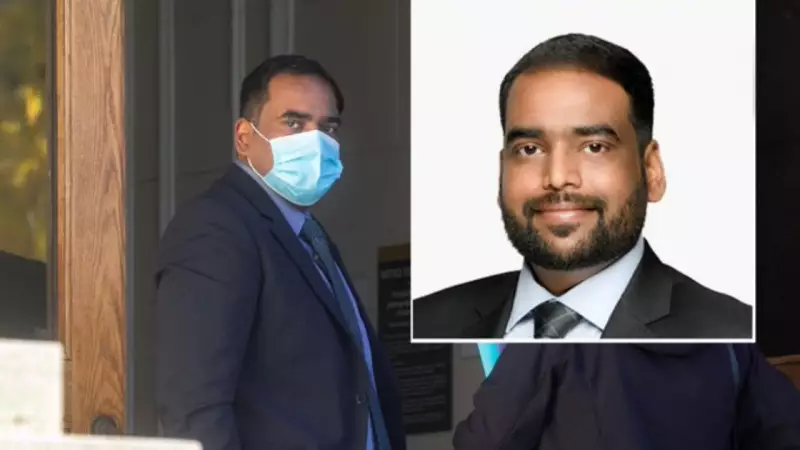
In a controversial legal maneuver that has raised eyebrows across international borders, convicted child abductor Manoj Govind Balu Nikam is fighting to remain in Canadian territory by appealing for a significantly reduced sentence.
The Desperate Bid to Avoid Deportation
Court documents reveal that Nikam, who was found guilty of serious child abduction charges, has launched a legal appeal seeking leniency in his sentencing. The primary motivation behind this unexpected move appears to be his determination to circumvent mandatory deportation proceedings that would follow any substantial prison term.
Understanding Canada's Immigration Laws
Under Canada's stringent immigration regulations, foreign nationals convicted of serious criminal offenses face automatic deportation once they complete sentences of six months or longer. Nikam's legal team is now strategically arguing for a sentence below this critical threshold, essentially attempting to use the justice system as an immigration loophole.
Legal Experts Voice Concerns
Immigration lawyers and child protection advocates have expressed alarm at this legal strategy. Many question the ethics of seeking sentence reduction not for rehabilitation purposes, but specifically to bypass immigration consequences. This case highlights growing concerns about how Canada's legal system handles foreign nationals convicted of crimes against children.
The Human Cost Behind the Legal Battle
While Nikam's legal team focuses on technicalities and sentence durations, child protection organizations emphasize the traumatic impact of abduction on young victims. The case has sparked renewed discussions about whether immigration status should influence sentencing in child protection cases.
As the appeal process unfolds, both Canadian authorities and international observers are closely monitoring whether the justice system will prioritize child safety over immigration technicalities. The outcome could set a significant precedent for how similar cases are handled in the future.






